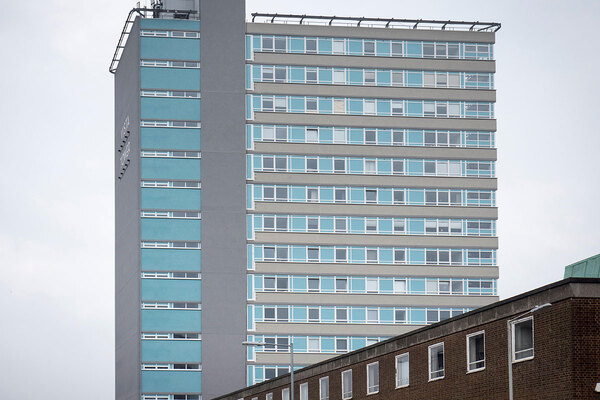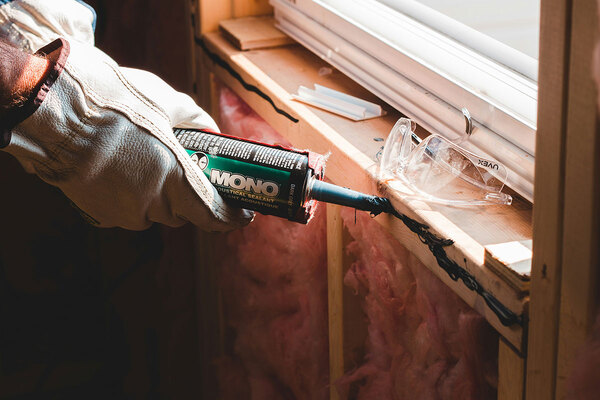You are viewing 1 of your 1 free articles

Work with women who need flexibility, instead of making them fit a mould
The pandemic has disproportionately impacted women in the workplace. Here, Helen Greig discusses what lockdown has taught her about flexible working, equality and tigers
I now know a ridiculous amount about tigers. I know that they are the only member of the cat family that likes water for swimming. Also, they are not natural-born predators but must be taught by their mother to hunt (apparently the dad doesn’t stick around).
No, I am not binge-watching David Attenborough on Netflix.
“Around 72% of working mothers have lost working hours due to childcare during the pandemic, and more women report negative impacts on their well-being due to home schooling than men”
I am part of the 87% of parents who are homeschooling their children – and of the 74% who are also trying to work while doing so.
While my new-found general knowledge about tigers may sound like a fun frippery, believe me when I say this has been far from fun.
We know the pandemic has had devastating impacts on many areas of our lives.
More than 119,000 families have now lost loved ones, while issues such as starving children, isolation and poor mental health are less finite, they are still devastating.
Minority groups are often hardest hit in times of crisis. This is no different.
“Even the most hardened presenteeist chief executive will have had to acknowledge that remote and flexible working does not result in everyone doing nothing”
For women in our workplaces, the statistics make grim reading.
The Women’s Organisation released a report in October which flagged that “due to pre-existing inequalities in the labour market and the economy, and because of the amount of paid and unpaid care work they provide, women have been disproportionately socially and economically impacted by COVID-19”.
Women carry out an average of 60% more unpaid care than men, and that will only have increased due to the pandemic.
Around 72% of working mothers have lost working hours due to childcare during the pandemic, and more women report negative impacts on their well-being due to homeschooling than men.
Research from Pregnant Then Screwed last year showed that 46% of mothers who were made redundant blamed lack of childcare during the pandemic.
The Fawcett Society has published research warning that one of the effects of the pandemic could well be that the gender pay gap widens.
We were already looking at 2052 to achieve pay parity. With the repercussions of the pandemic nowhere near fully known yet, we could be adding another 20 years on to that date unless something changes.
It is up to all of us to ensure that all that progress we have taken for granted in recent years is not wiped away in a single recession.
So, what do we do about all of this?
I’m not one to come over all Pollyanna, but there have been things I’ve loved about lockdown.
No longer should we ever be faced with a ‘flexible working’ policy in name only. Even the most hardened presenteeist chief executive will have had to acknowledge that remote and flexible working does not result in everyone doing nothing.
“If we stopped making women with caring responsibilities fit into an outdated structure of working nine to five, Monday to Friday, imagine the possibilities”
In fact, most people actually work harder when they are trusted to get on with their jobs and deliver results. So, could this be an opportunity? Of course it is.
Currently in the housing association sector, women are desperately under-represented at senior levels. My 22 years of working at housing associations tells me this is not reflected in frontline roles where women are well represented.
Something is going wrong in retaining women throughout their career journey. It is my view that it is often linked to pregnancy and maternity leave – and that 60% of unpaid care.
If we stopped making women with caring responsibilities fit into an outdated structure of working nine to five, Monday to Friday, imagine the possibilities.
For a period of time I worked with two very young children in a senior-level job. The only way I managed it was thanks to my boss’ willingness to let me do full-time over four days, making up the outstanding hours on a Sunday and a Monday night.
Yes, it was hard. No, I don’t want to go back to it. But it kept me in the sector by being flexible.
In some ways the coronavirus pandemic has forced flexible working to the fore, and if we have any sense we will not allow it to creep backwards again.
You can have your cake and eat it if you work with women who need flexibility, instead of making them fit a mould. Just don’t ask me to bake the cake, I’m too busy learning about tigers.
Helen Greig, managing director, Women in Social Housing








